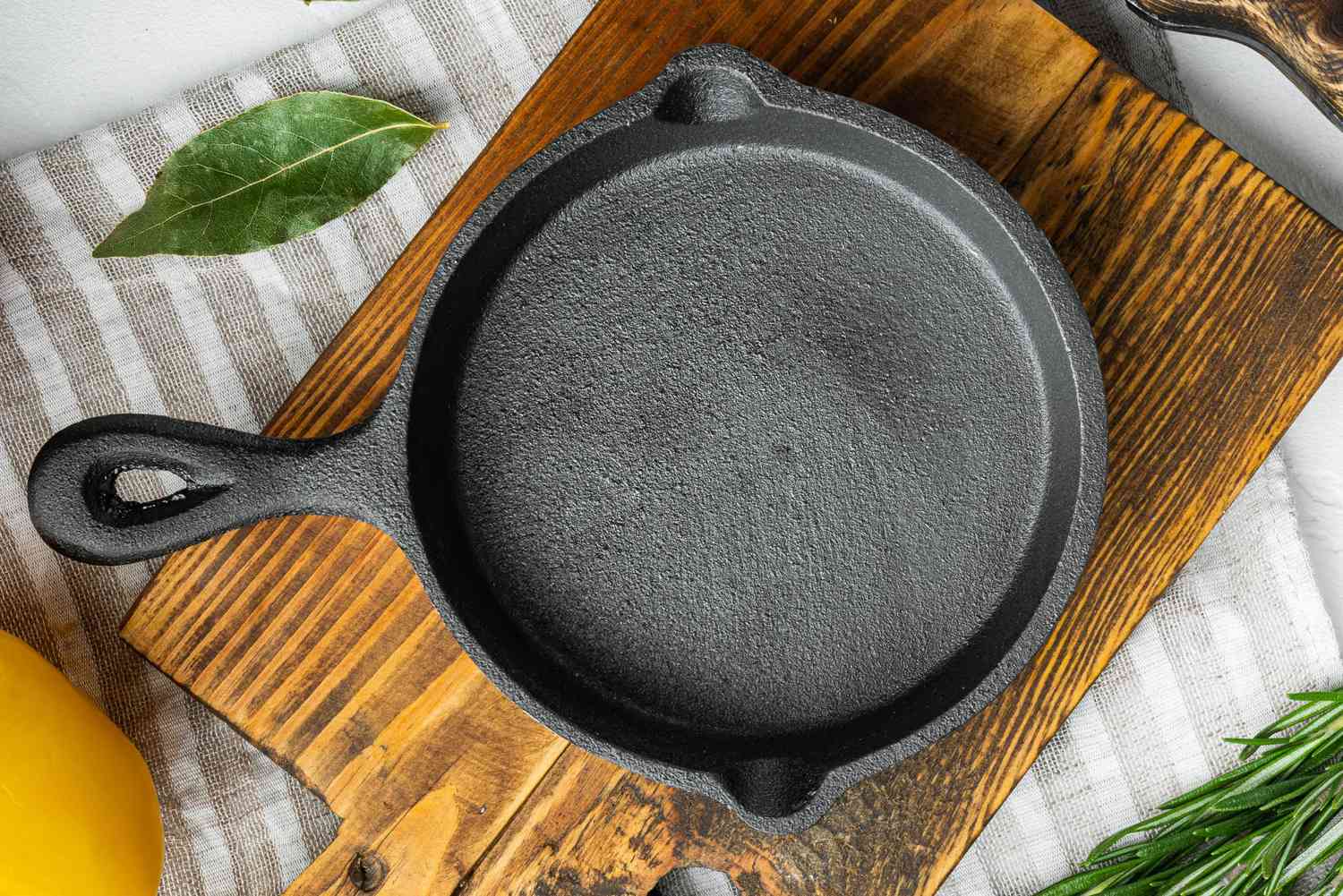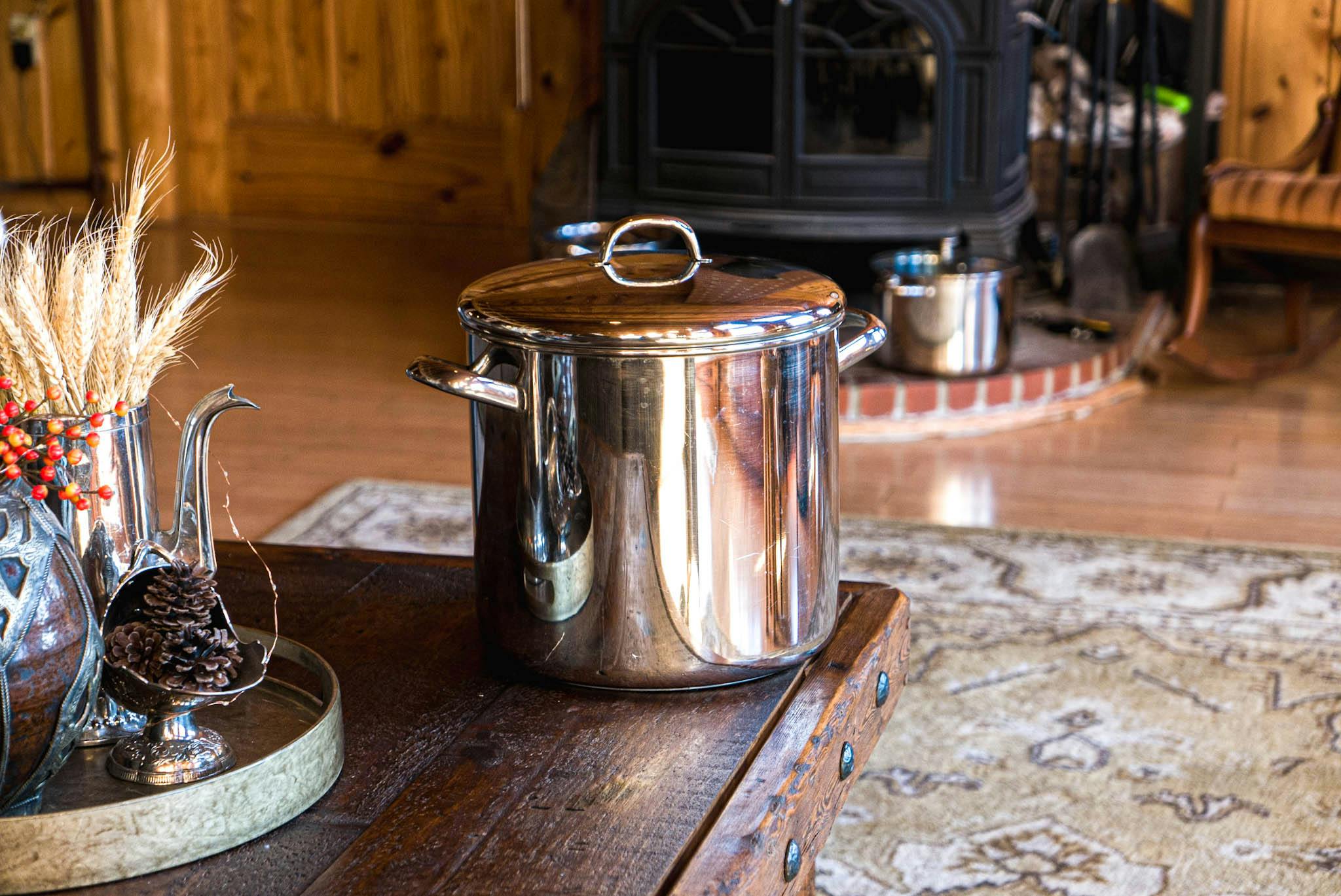Cooking eggs is a daily kitchen task for many of us, and the oil you choose can significantly impact both the nutritional value and taste of your eggs. So, what's the healthiest oil to cook eggs with? This question piques the interest of home cooks and professional chefs alike. Whether you're looking to enhance your nutrition or elevate your breakfast game, knowing the best oils for cooking eggs is crucial.

The Importance of Choosing the Right Cooking Oil
The oil you select doesn't just influence the flavor and texture of your eggs; it also affects your overall health. Some oils are high in unhealthy fats and additives, while others offer beneficial nutrients. By choosing the right oil, you can make your meal both delicious and nutritious.
Understanding Fats: Good vs. Bad
Before diving into specific oils, it's essential to understand the types of fats they contain. Oils are composed of various fats, including saturated, monounsaturated, and polyunsaturated fats. Each type has different health implications.
- Saturated Fats: Often found in animal products, can raise cholesterol levels.
- Monounsaturated Fats: Found in olive oil and avocado oil, can improve heart health.
- Polyunsaturated Fats: Found in fish and flaxseed, are essential fats that our body needs.

Top Healthiest Oils for Cooking Eggs
Several oils stand out as healthy options for cooking eggs. Let's explore these in detail.
Olive Oil
Rich in monounsaturated fats, olive oil offers numerous health benefits. It's high in antioxidants and has anti-inflammatory properties, improving heart health and reducing the risk of chronic diseases.
When cooking eggs with olive oil, you'll enjoy a light, slightly fruity flavor that pairs well with eggs. It's best used for low to medium-heat cooking to preserve its nutritional properties.
Avocado Oil
Another excellent option, avocado oil, boasts a high smoke point, making it suitable for high-heat cooking. Packed with monounsaturated fats, it benefits heart health and offers anti-inflammatory benefits.
This oil has a neutral taste, allowing the natural flavors of the eggs to shine through. Its high smoke point also makes it ideal for frying eggs.
Coconut Oil
Though higher in saturated fats, coconut oil offers unique benefits. Known for its antimicrobial properties, it can also boost metabolism. The medium-chain triglycerides (MCTs) in coconut oil provide quick energy.
Coconut oil imparts a subtle coconut flavor to eggs, adding a delightful twist. It's perfect for those looking to add a tropical touch to their breakfast.
Ghee
Ghee, or clarified butter, has been used in Indian cooking for centuries. Rich in fat-soluble vitamins and containing butyrate, which is good for gut health, ghee has a high smoke point, making it ideal for frying and scrambling eggs.
The nutty and rich flavor of ghee enhances the taste of eggs, making it a favorite among chefs.
Butter
Although not an oil, butter deserves mention. It adds a rich, creamy flavor to eggs. While it contains some saturated fats, it also offers fat-soluble vitamins such as A, D, E, and K2.
When using butter, it's best to cook at a lower temperature to avoid burning it due to its lower smoke point compared to oils.

Factors to Consider When Choosing an Oil
Now that we know the healthiest oils, it's essential to consider several factors when selecting the right one for your cooking needs.
Smoke Point
The smoke point of an oil is the temperature at which it starts to smoke and break down. Cooking at or above this temperature can produce harmful compounds and affect the flavor. Oils with a high smoke point, like avocado oil, are suitable for high-heat cooking, while oils with a lower smoke point, like olive oil, should be used for low to medium-heat cooking.
Flavor
The flavor of the oil can significantly impact the taste of your dish. Choose an oil that complements the flavors of your ingredients. For example, coconut oil adds a tropical note, while ghee adds a nutty texture.
Nutritional Profile
Consider the nutritional benefits of the oil. Look for oils rich in healthy fats, vitamins, and antioxidants to enhance your meal's health benefits.

Practical Tips for Cooking Eggs
Here are some practical tips to help you make the most of your cooking oil and prepare delicious and nutritious eggs:
Use the Right Amount of Oil
Using too much oil can make your eggs greasy, while too little can cause them to stick to the pan. Typically, a teaspoon of oil is sufficient for cooking one to two eggs.
Preheat the Pan
Preheat your pan to the right temperature before adding the oil. This helps distribute the oil evenly and prevents the eggs from sticking.
Cooking Techniques
Experiment with different cooking techniques such as scrambling, frying, or poaching. Each method may benefit from a different type of oil. For example, avocado oil is great for frying, while olive oil is excellent for scrambling.
Conclusion
So,what's the healthiest oil to cook eggs with? The answer depends on your preferences and dietary needs. Whether it's the heart-healthy benefits of olive oil, the high smoke point of avocado oil, the metabolism-boosting properties of coconut oil, or the rich flavor of ghee, each oil offers unique advantages.
Experiment with these oils to find the one that best suits your taste and nutritional goals. Remember, the key to a healthy and delicious meal lies in choosing the right ingredients and cooking techniques.
FAQ
Is it better to cook eggs with oil or butter?
Both oil and butter have their advantages. Oil, especially healthy varieties like olive oil and avocado oil, offer beneficial fats and higher smoke points. Butter adds a rich flavor but should be used at lower temperatures due to its lower smoke point.
Can I use non-stick spray for cooking eggs?
Non-stick sprays can be convenient, but many contain additives. Opt for natural oils like olive oil, avocado oil, or ghee for healthier alternatives.
What about using animal fats like lard or duck fat?
Animal fats like lard and duck fat can add incredible flavor to your eggs. They also have higher smoke points and contain fat-soluble vitamins. However, they are high in saturated fats, so use them in moderation.
For more tips on healthy cooking, check out this comprehensive guide on the best cooking oils.
As an Amazon Associate, I earn from qualifying purchases.
Additionally, maintaining a clean kitchen is equally important for healthy cooking. For tips, you can refer to this guide on quick kitchen cleaning.
As an Amazon Associate, I earn from qualifying purchases.






Leave a comment
This site is protected by hCaptcha and the hCaptcha Privacy Policy and Terms of Service apply.